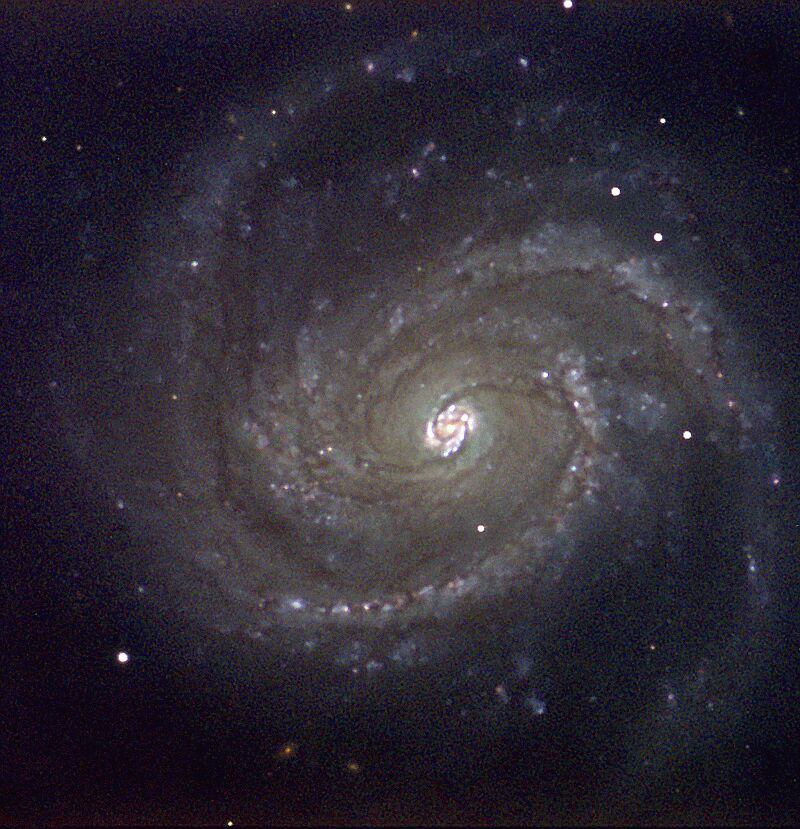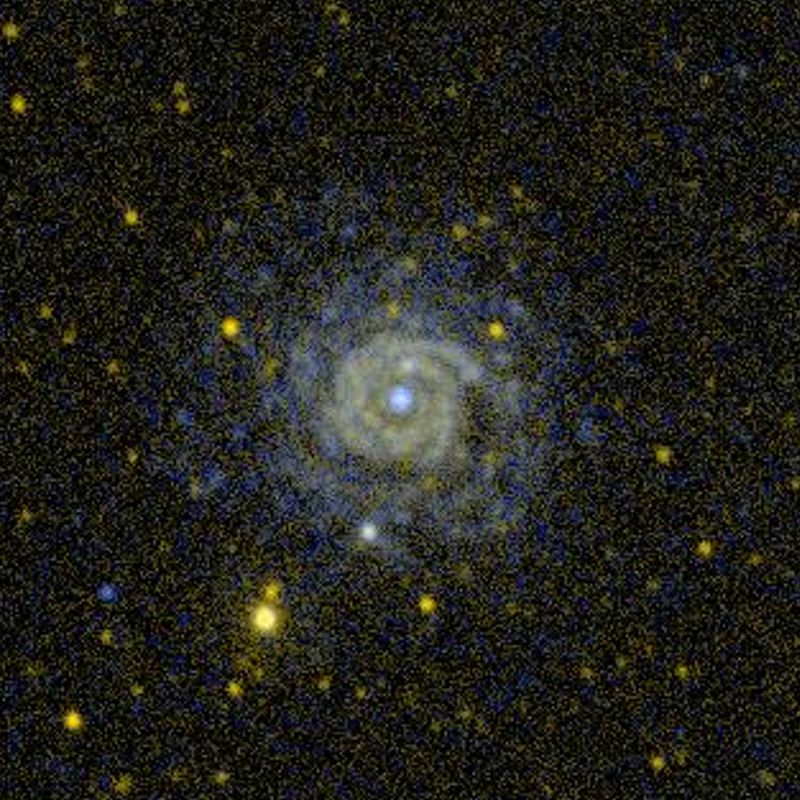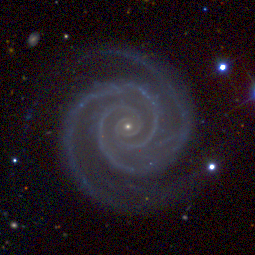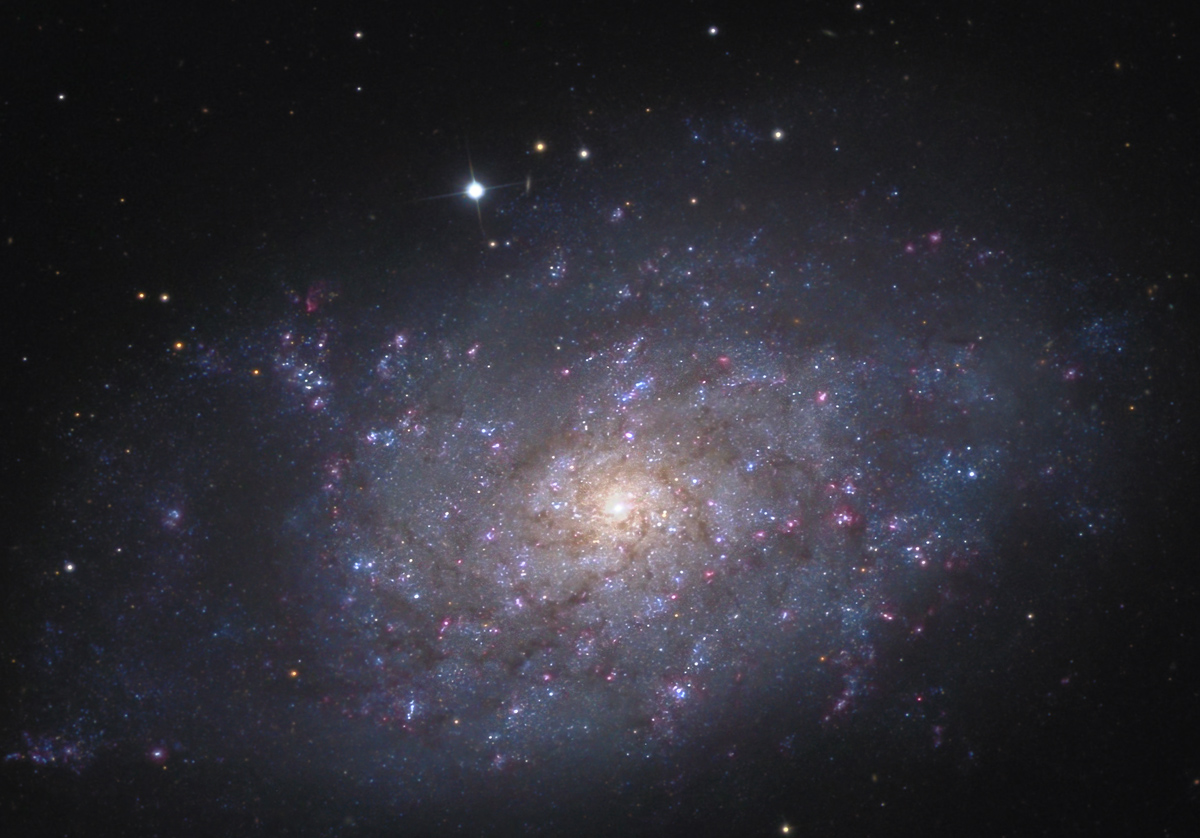Chris Peterson wrote:ShaileshS wrote:Most visualizations I have seen of event horizon, the matter is collapsing in in the black hole and that would make sense when the galaxies are spinning in (counter clockwise, arms rotating inwards towards the black hole). But if half the galaxies are expected/assumed to be rotating out (spinning arms going out as if thrown away from the black hole) then in that case, since spinning is happening away from the black hole, there won't be any matter falling in the block hole and if so, it may starve resulting in <???> ?
The black hole in the center of most galaxies has almost no impact on the galaxies, nor do most receive much matter from their galaxies (except for active galaxies, which are in a transient phase). Nothing you see in a spiral galaxy is moving either inward or outward. The stars are in substantially circular orbits, and nothing would change if their central black holes disappeared.
Does Chris' answer seem strange to you? Then compare the central black hole inside a galaxy with the Sun in our solar system. There is one huge, huge difference between the Sun in our solar system and the central black hole inside a galaxy, and that is that
our Sun holds 99.8% of the mass of our solar system(!), whereas the central black holes of most galaxies hold something like 0.025% of the stellar mass of their host galaxies, if I understood the abstract of
this paper correctly. In any case, the mass of the black hole is extremely tiny compared with the mass of the entire galaxy.
That is why it wouldn't matter to the galaxy and its constituent stars if the black hole disappeared. To our solar system, by contrast, it would be utter catastrophe if our Sun disappeared.
But now that our Sun is healthy and very much present in our solar system, the planets don't fall into the Sun. They just keep orbiting it. And if our Sun, by some magical means, suddenly turned itself into a 1-solar-mass black hole, the planets in our solar system would keep orbiting this black hole as if nothing had happened. They wouldn't fall into the black hole, any more than they fall into the Sun.
And if the planets of our solar system orbited "the other way", that wouldn't make any difference, either. The planets would still just keep orbiting the Sun without falling into it - at least the planets that have achieved stable more or less circular orbits, like the Earth, for example.
Ann
 NGC 6814: Grand Design Spiral Galaxy from Hubble
NGC 6814: Grand Design Spiral Galaxy from Hubble





